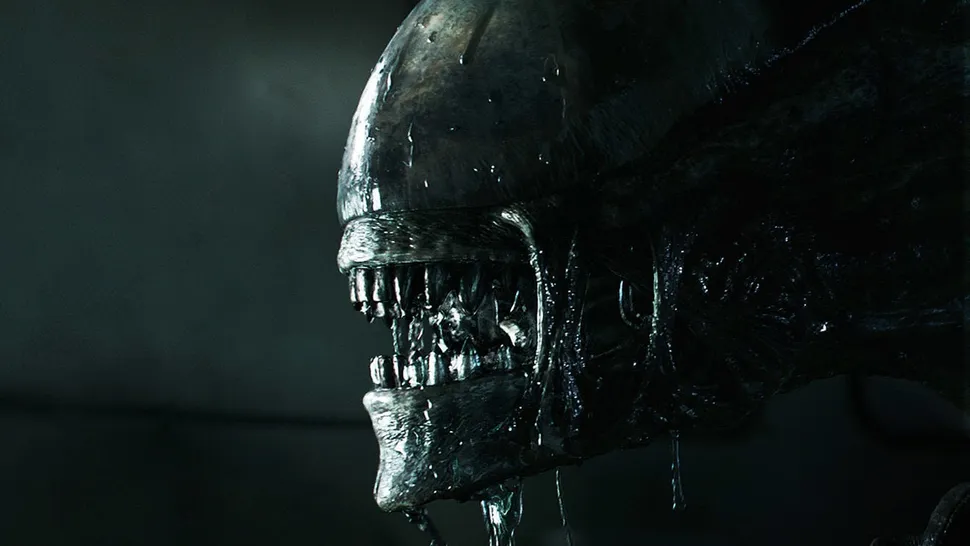The revelation of extraterrestrial creatures — be they vile organisms or small green men — would significantly alter the way we people see our place within the universe. But would it smash religion? Well, that depends on what you believe.
In his modern book “Religions and Extraterrestrial Life” (Springer 2014), David Weintraub, an cosmologist at Vanderbilt College, takes a near see at how diverse beliefs would handle the disclosure that we’re not alone. A few of his discoveries might shock you.
Open surveys have appeared that a expansive share of the populace accepts outsiders are out there. In one study discharged final year by the company Survata, 37 percent of the 5,886 Americans who were surveyed said they accepted within the presence of extraterrestrial life, whereas 21 percent said they didn’t accept and 42 percent were uncertain. Reactions changed by religion: 55 percent of nonbelievers said they accepted in extraterrestrials, as did 44 percent of Muslims, 37 percent of Jews, 36 percent of Hindus and 32 percent of Christians. [7 Colossal Misguided judgments approximately Aliens]
Weintraub found that a few religions are more pleasing to the thought of E.T. than others. Those with an Earth-centric otherworldly point of see are the foremost likely to be made awkward by questions around the discovery of outsiders. Certain zealous and fundamentalist Christians, for illustration, are of the conclusion that God’s sole expectation was to make individuals here on Soil. A few accept that on the off chance that God made life anyplace else, it would say that in Beginning, Weintraub said.
But a few Christians who decipher the Book of scriptures very actually might really have an simpler time joining the presence of outsiders into their otherworldly cosmology. Numerous Seventh-day Adventists, for example, are creationists who accept the Soil was truly made by God in six days a few 6,000 years ago which people slipped — and acquired unique sin — from Adam and Eve. In that line of considering, life may exist on other planets, but creatures that didn’t slip from Adam and Eve on Soil wouldn’t be inalienably evil, and viably, they wouldn’t require Christianity to be spared, Weintraub told Live Science.
ADS
Seventh-day Adventism’s adaptability with respect to outsiders could be a item of the time in which the religion was established (the 19th century). Amid the 1700s and 1800s, there was a solid prevalent conviction in extraterrestrial life, Weintraub said. The telescope (a generally later development) at last permitted stargazers to look at other planets and moons in our sun based framework, but researchers didn’t however completely get it that these ethereal bodies were desolate. And maybe it’s no coincidence that the religions that started at that time — Mormonism, Seventh-day Adventism, Jehovah’s Witnesses, the Baha’i Confidence — all have a strong belief in extraterrestrial life, Weintraub said.
In differentiate, the idea of extraterrestrial life was for the foremost portion unimportant to religions that started thousands of a long time ago.
“Thoughts around extraterrestrial life — in the event that they’re portion of the sacrosanct works — they’re buried a small bit more profound,” Weintraub told Live Science. “They’re not self-evident. They’re layered underneath the beat. In Jewish sacred text, there’s lovely much nothing there. You truly got to over-interpret to discover anything that you simply imperceptibly say might have anything to do with extraterrestrial life.”
Of course, outsiders have figured into the convictions of little religions and periphery devout bunches. In a celebrated illustration, 39 individuals of the so-called Heaven’s Entryway bunch committed suicide accepting they would take off their natural bodies and reach an outsider shuttle trailing the comet Hale-Bopp in 1997. Weintraub didn’t see at these bunches (nor did he analyze Scientology), but he said it’s likely that future religions would spring up and seize on the disclosure of extraterrestrial life.
“There are a part of so-called UFO religions, and I’m beyond any doubt that in case we found that there truly was life past Soil, there would be parcels more of these sorts of things,” Weintraub said. “There without a doubt would be individuals who would discover this as an opportunity or an pardon to call consideration to themselves for anything reason and there would be modern religions.” [UFO Test: What’s Truly Out There]
With advances in exoplanet investigate and astrobiology, researchers might reasonably be on the cusp of finding prove for life distant absent from Soil — maybe not cleverly life, but life, nonetheless. That’s why Weintraub considers the rest of us ought to be prepared for the otherworldly questions that will take after — which stargazers ought to take part in that discussion, since the address “Is there life within the universe?” presently has a place to the space of science, not just philosophy.
ADS
“It almost doesn’t matter what kind of life it is,” Weintraub told Live Science “If there’s any kind of life out there it simply means we’re not alone. And knowing we’re not alone, I think, incorporates a of meaning.”
It will likely be millions of years before humans discover and are able to communicate with intelligent alien beings — if they’re out there, Weintraub said. But he thinks it’s worth extending the thought experiment to consider how we would treat aliens of different faiths. Would we repeat the mistakes of European missionaries who converted the “heathens” of the New World to Christianity? Or would we adopt a policy that looks more just like “prime directive” of the “Star Trek” universe? Would sentient aliens have their own religions? Would they try to preach to us?
“Once you think about this enough, it’s worth recognizing that if it’s OK for somebody in a different part of the universe to have a different religion, maybe it’s OK for somebody else in a different part of the Earth to have a different religion,” Weintrub said. “Maybe we could figure something out down here that could make us get along a little better.”



